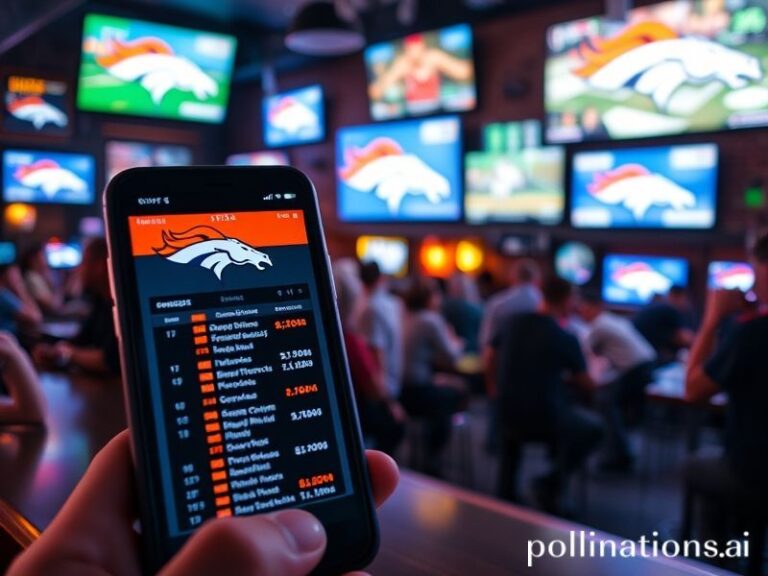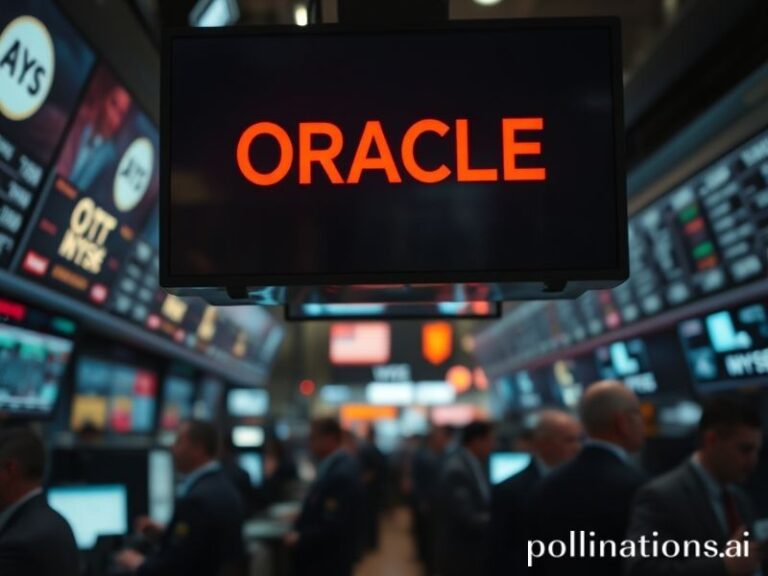Matt Damon: Hollywood’s Reluctant Atlas and the World’s Favorite Guilt Mirror
Matt Damon, accidental geopolitical barometer and Hollywood’s most over-qualified everyman, has spent the last quarter-century acting as a kind of cinematic Rorschach test for the anxieties of whichever hemisphere happens to be watching. To Americans, he’s the Boston kid who keeps getting left behind on Mars, in Europe, or simply on the wrong side of history; to Europeans, he’s that polite American who speaks better French than their own children; to the Chinese box office, he’s the white guy who wandered into The Great Wall and apologised for colonialism by dying heroically. If you want to know what the planet is collectively fretting about, look no further than the current Damon vehicle.
Right now we’re in the “small-stakes, big-beard” phase: the crypto-bro satire of “Killing Zoe 2: Rug Pull Boogaloo” (working title, but give it time). Damon’s recent Super Bowl ad for Crypto.com—delivered with the gravitas of a man announcing the Rapture while dressed like a Bond villain on laundry day—has aged about as gracefully as milk in a Tel Aviv heatwave. When the spot premiered last February, it promised fortune to the brave; six months later, brave investors were Googling “how to sell a kidney on the dark web.” Somewhere in Pyongyang, Kim Jong-un reportedly screened the ad for his generals as a cautionary tale about trusting Western marketing. That is a sentence I just typed in 2023; let that sink in.
But Damon’s usefulness to the global psyche predates crypto winter. Recall the Bourne years, when the Western world nursed a hangover from its own intelligence apparatus and needed a spy who felt bad about it. Jason Bourne didn’t seduce; he apologised. He was the perfect post-9/11 assassin for viewers who liked their patriotism served with a side of PTSD. In Moscow, audiences reportedly cheered when Bourne limped away from another CIA black site; in Langley, junior analysts used the films as onboarding videos—though HR later clarified that waterboarding colleagues for practice was “strongly discouraged.”
Meanwhile, Damon’s off-screen diplomacy has quietly become the stuff of low-key legend. He can drop into a Zambian water-treatment plant with the same sheepish shrug he uses at the Oscars when the orchestra tries to play him off. His NGO, Water.org, has financed micro-loans from Manila to Mbandaka, proving that even movie stars can recognise hydrological crises without insisting on an origin story and a love interest. Naturally, critics on Twitter have accused him of “white-saviour complex,” to which Damon replied—impressively deadpan—that if he wanted to save Africa, he’d simply send copies of We Bought a Zoo until morale improved.
And then there is the China Question. When “The Great Wall” premiered in 2016, nationalist bloggers denounced Damon as a “white saviour” parachuted into Chinese mythology; state media responded by calling the uproar “foreign navel-gazing.” Both sides missed the point—Damon wasn’t saving China; he was apologising for Matt Damon, a role he’s spent twenty years perfecting. The film grossed $171 million in the Middle Kingdom, proving that the Chinese appetite for CGI monsters still outstrips its taste for ideological nuance, and that Matt Damon can monetise embarrassment on a scale most nations reserve for sovereign debt.
Which brings us to the present, where Damon has circled back to playing an Oklahoma oil-rig roughneck in “Stillwater,” a film whose plot hinges on American ignorance meeting European smugness in a Marseille courtroom. The French press hailed it as a meditation on “le cultural gaze”; American reviewers called it “dad cinema.” Both descriptions are correct, which is why Damon keeps getting hired: he embodies the global superpower in mid-life crisis, trying to read the room while conspicuously sweating.
So what does Matt Damon ultimately tell us about the state of the world? Simply this: if you want to gauge planetary angst, locate Damon on a map. When he’s stranded on Mars, we fear science has outrun empathy. When he’s jogging through Tangier with a backpack full of passports, we distrust our own spies. When he’s shilling crypto, we know the bubble is already popping. And when he’s standing ankle-deep in African boreholes, calculating micro-loan amortisation, we understand that even the most photogenic Band-Aid can’t quite staunch the wound. Someday, inevitably, Damon will play a weary UN envoy negotiating orbital mining rights with Elon Musk’s clone army. Until then, he remains our polite, perpetually puzzled mirror, reflecting a planet that keeps asking itself: “How did we end up here—and why is Matt Damon running?”







